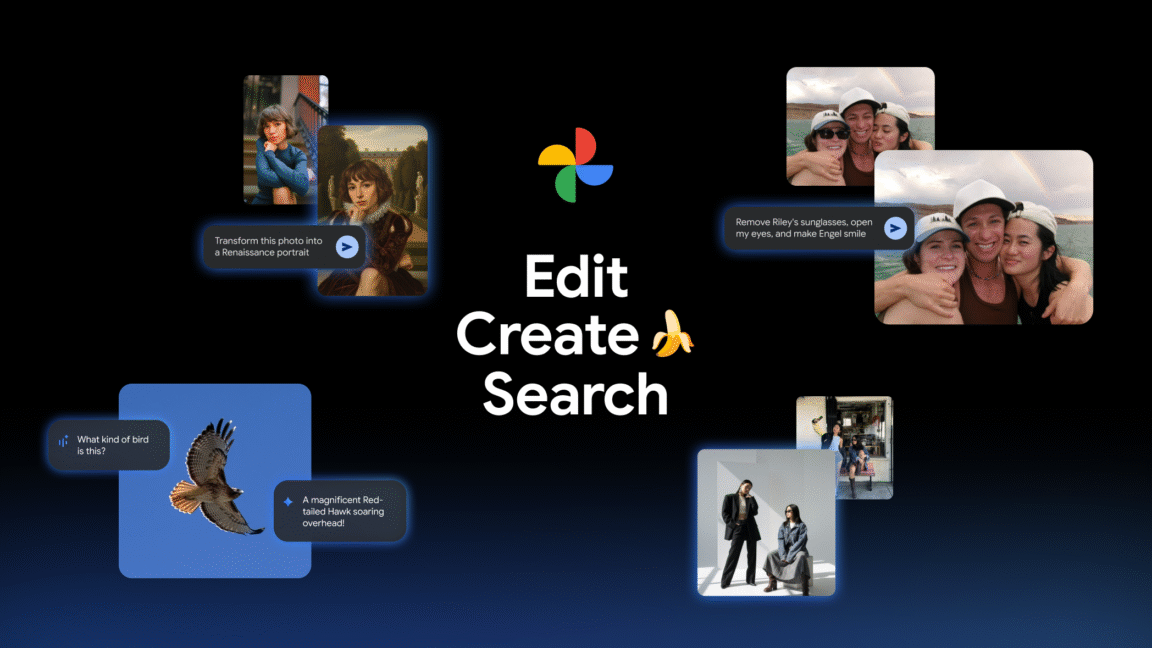
Google May Add Customizable Styles to NotebookLM Video Overviews
Google's AI‑powered research assistant NotebookLM recently expanded its Video Overview feature with new visual styles powered by the Nano Banana image model. While seven preset styles are now available, the company is reportedly exploring a custom‑style option that would let users shape the look of videos through prompts. This potential upgrade follows recent enhancements that let users direct the AI host's focus and tone, such as delivering content in an Edgar Allan Poe‑style narrative. Google has not commented on when or if the custom feature will launch.








